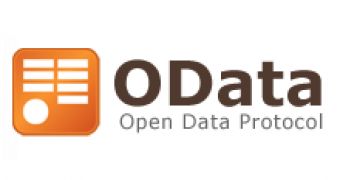Microsoft approximates that it will “take a village,” namely consistent efforts and collaboration in order for the vision of open data for the open web to become reality. The first step in the right direction was already made when the Open Data Protocol was made available under the Open Specification Promise (OSP). At MIX10, the Redmond company showed that it was heading in the right direction, by offering new and updated software development kits designed to allow third-parties to interoperate with OData implementations.
First off, the software giant refreshed the OData SDK for PHP (formerly referred to as the Toolkit for PHP with ADO.NET/WCF Data Services). “This version includes new features like the capability of handling large result sets of data using an automated paging mechanism and a new sample built on top of an OData feed exposing the Netflix catalog,” Jean-Christophe Cimetiere, Sr. technical evangelist, revealed.
Amidst announcements of Windows Phone 7-series developer resources, Microsoft is not ignoring rivals with OData. In fact, with the new OData SDK for Objective C, developers will be able to build applications for running on top of iPhone and Mac OS X, which will feature connectivity capabilities with OData services. “This early version is a Community Technology Preview (CTP) and it supports read operations only and it has been tested on a limited set of scenarios. The download includes a sample iPhone application to browse the new NetFlix OData service hosted in Azure,” Cimetiere added.
In addition to Microsoft announcements, Noelios also updated the Restlet Extension for OData – a collection of resources, namely tools and libraries, for Java. Developers are able to access the complete list of OData software development kits and the actual SDKs via the official Open Data Protocol website.
“Many of us at Microsoft believe the OData protocol can help usher in a more open and programmable Web by creating a common funnel to expose rich data, thereby creating a world of customized consumer mash-ups; a world where government data is transparent and accessible to any citizen; a world where you can ask a question and know, ‘There’s a feed for that,’” Douglas Purdy, Microsoft Software architect, noted.

 14 DAY TRIAL //
14 DAY TRIAL //